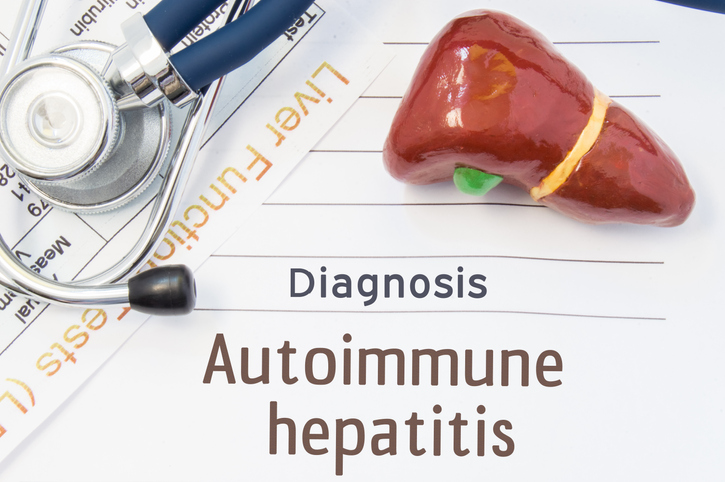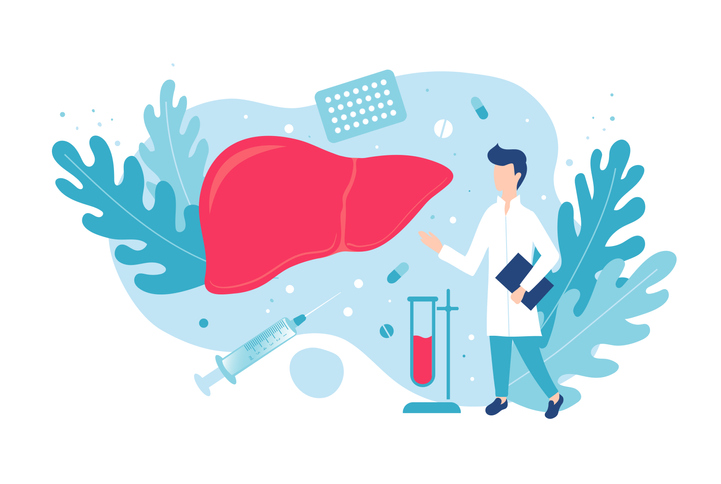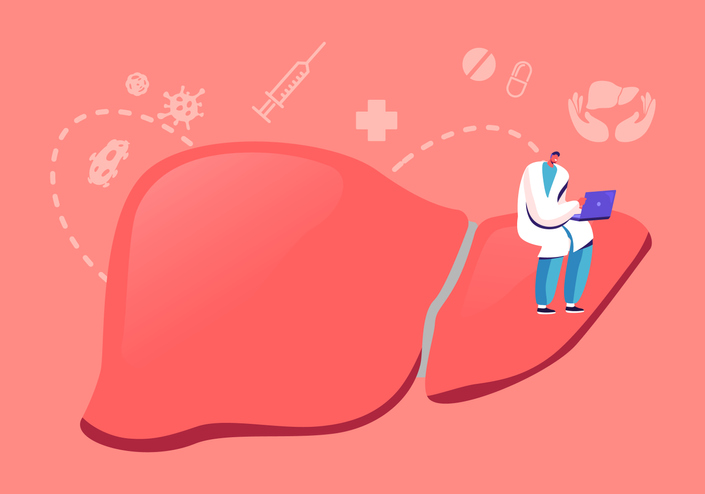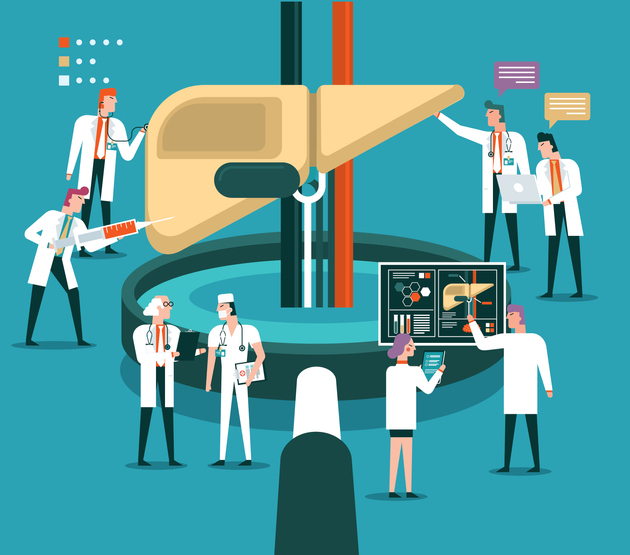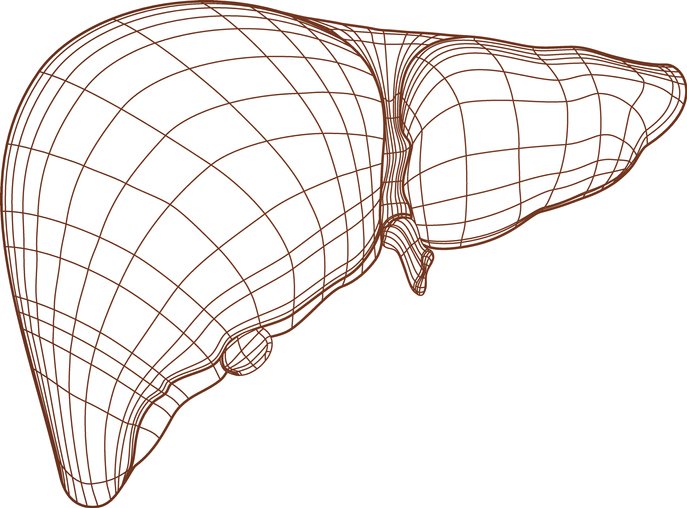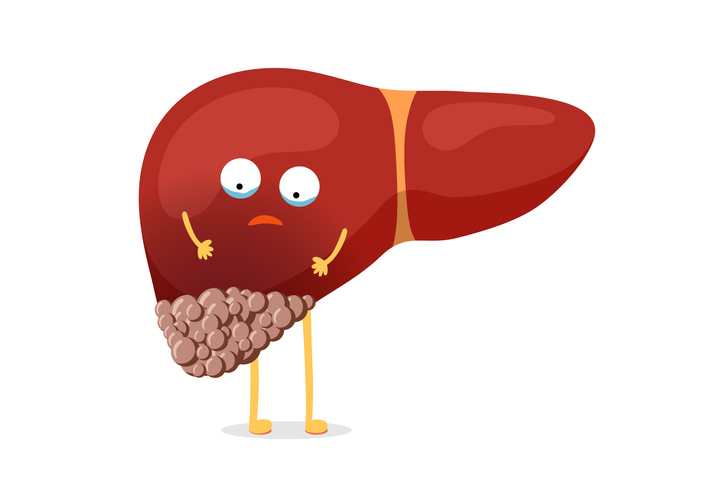Pain
Progression and Potential Complications of Autoimmune Hepatitis

What is autoimmune hepatitis?
Autoimmune hepatitis (AIH) is an inflammatory condition of the liver. It occurs when the body’s immune system mistakenly attacks cells in the liver. AIH is a non-viral, non-contagious type of hepatitis.
Untreated autoimmune hepatitis can lead to cirrhosis and liver failure. The goal of treatment is to slow or stop the immune system attack on the liver. Treating autoimmune hepatitis generally involves corticosteroids and immunosuppressants.
Between 80% and 90% of those with AIH achieve remission using the standard first-line treatment of prednisone (a corticosteroid) and azathioprine (an immunosuppressant). If an incomplete response or intolerance to these medications occurs, a second-line treatment, such as the immunosuppressant mycophenolate mofetil, can be implemented. Life-long maintenance treatment is typically required.
Progression and potential complications
Fibrosis (scarring) of liver tissue is often reversible. However, advanced, severe liver scarring (cirrhosis) is generally irreversible. Follow-up biopsies show improvement of fibrosis in about 50% of treated cases but worsening in 25%, with cirrhosis eventually developing in an additional 14% of cases despite treatment.
Factors that increase the risk of an individual with AIH developing cirrhosis include the following:
- Repeated relapses
- Failure to maintain normal liver enzyme levels
Cirrhosis is associated with additional complications, including the following:
- Ascites, an accumulation of fluid in the abdomen, may develop. This condition is uncomfortable and may cause breathing issues.
- Esophageal varices are enlarged veins in the esophagus. This occurs when circulation through the portal vein (the blood vessel that drains blood from the gastrointestinal tract, gallbladder, pancreas and spleen to the liver) becomes blocked, causing blood to back up in vessels in the stomach and esophagus. Because these vessels are thin, extra blood may cause them to leak, which can be life-threatening.
- Hepatocellular carcinoma, the most common type of liver cancer, develops in a small percentage of cases.
- Liver failure or death
If autoimmune hepatitis causes cirrhosis or liver failure, the damaged liver may need to be removed and replaced with a healthy liver. Approximately 10% to 15% of those with AIH eventually require a liver transplant. AIH frequently recurs in the transplanted liver. The following factors are associated with liver failure and the need for a liver transplant:
- Cirrhosis or liver decompensation at diagnosis
- Development of cirrhosis after diagnosis
- Failure to attain normal liver enzyme levels
- Repeated relapses
